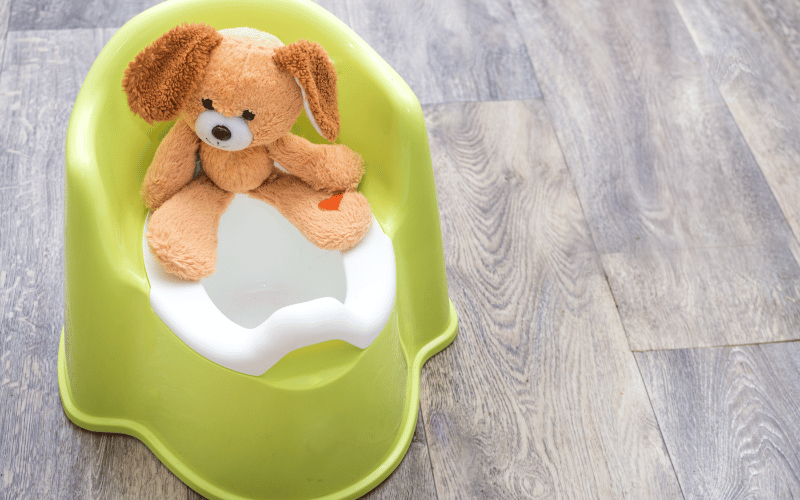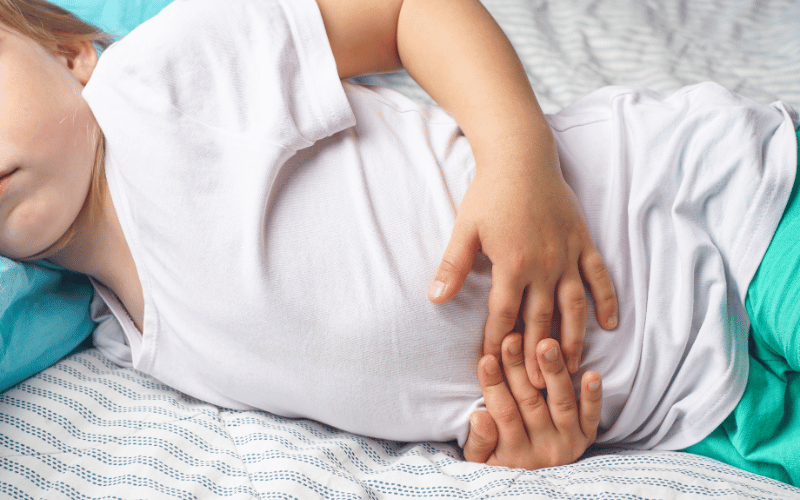Introduction: Recognizing the Unseen: Fecal Impaction in Children
Fecal impaction in children, though an uncomfortable topic for many, remains an essential aspect of pediatric health that every caregiver should be familiar with. As parents or guardians, our children’s well-being is often at the forefront of our minds. Recognizing early signs of various health concerns can lead to timely intervention, ensuring a swift return to optimal health for our little ones.

Digestive health plays a pivotal role in a child’s overall well-being. Constipation is a common issue in pediatrics, but when it becomes severe, it can lead to fecal impaction—a condition where hardened stool becomes lodged in the colon or rectum. This can lead to a range of uncomfortable and concerning symptoms that can significantly impact a child’s quality of life.
The key to managing and potentially preventing this condition is awareness. By understanding the top symptoms of fecal impaction, parents can take prompt action, either by implementing home remedies or seeking professional medical advice. Knowledge is the first line of defense against such conditions, ensuring that our children remain as healthy as possible.
Yet, not every symptom screams for attention. Some are subtle, often mistaken for regular tummy troubles or mood swings. In this article, we’ll delve deep into the top 10 symptoms of fecal impaction in children. Our aim? To equip every reader with the knowledge to spot these signs early on and ensure that their child gets the care they need.
Embarking on this informative journey can be an eye-opener, shedding light on a condition often shrouded in mystery and misunderstanding. So, let’s get started and uncover the tell-tale signs of fecal impaction in children, ensuring that no symptom goes unnoticed.
1. Abdominal Pain: Not Just Another Tummy Ache

When children complain about tummy aches, it’s often dismissed as just another minor discomfort or the result of overeating. But with fecal impaction, abdominal pain takes a different intensity and nature. The colon or rectum gets stretched beyond its capacity, leading to a sharp or cramping pain which can be persistent or intermittent.
The nature of pain is interesting. Unlike usual stomach discomfort, children with fecal impaction might feel the pain localized to one area, especially the lower left side. This is where the colon typically experiences maximum stretch due to impacted feces. The pain might get aggravated with meals, as the already crowded intestines face more pressure.
Bloating, a feeling of the stomach being distended, goes hand in hand with this pain. It’s a physical manifestation of trapped gases and feces, making the belly visibly swollen or tight. This isn’t the regular fullness one feels after a hearty meal; it’s a persistent distension that doesn’t ease with time or passing gas.
For many kids, these symptoms are accompanied by a feeling of heaviness in the abdomen. This weight is not just metaphorical; the impacted feces can add significant mass, causing a literal feeling of being weighed down. And while a simple tummy ache might ease with some rest or a warm compress, the discomfort of fecal impaction lingers, casting a shadow over a child’s daily activities and mood.
Parents might notice their child walking differently, perhaps hunching or avoiding certain movements that exacerbate the pain. Activities like bending, jumping, or even sitting might become challenging. It’s essential to note these subtle behavioral changes, as they offer crucial clues to the underlying issue. (1)